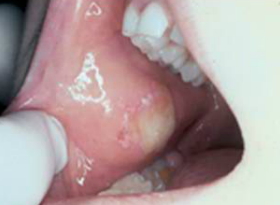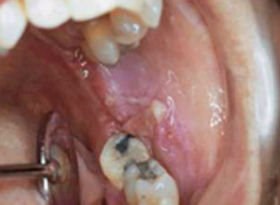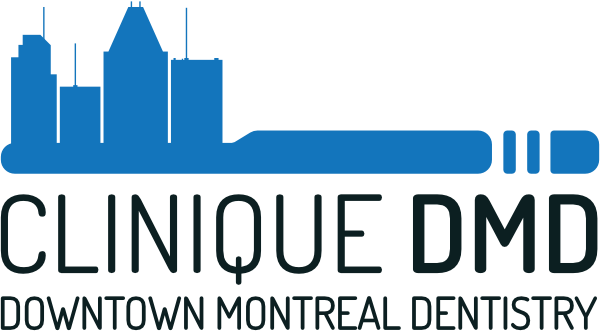Many people may not be aware of all the things their dentist is checking for during their dental exam. Certainly, we examine the teeth and gums, both clinically (in the mouth) and on the x-rays. However, one of the most important parts of every visit to the dentist is the oral cancer screening exam. No other health professional you visit is as adept at identifying oral cancer as your dentist, and in fact should you ask your GP physician, most would refer you to see a dentist or an ENT specialist (Ear-Nose-Throat).
Oral cancer is a malignant tumour that starts in cells of the mouth. Malignant means that it can spread, or metastasize, to other parts of the body. This type of cancer can form on the tongue, throat, saliva glands, hard palate and floor of the mouth under the tongue. According the the World Health Organization, oral cancer is the 11th most common form of cancer worldwide, ahead of leukemia, ovarian and pancreatic cancers. Risk factors include smoking, alcohol consumption, family history or exposure to HPV, Human-Papilloma Virus.
But what exactly does it look like? The truth is, it can look like a lot of things. A red ulcer that doesn’t heal, white patches or a lump or hard bump are some of the more common presentations. However, sometimes it looks like nothing at all, and sometimes what looks like one of the above described problems can in fact be a benign issue. I don’t want to put too many unpleasant images in this article, but here are two photos, one example of a squamous cell carcinoma of the mouth and one of a traumatic ulcer caused by biting the inside of the mouth. (both images from oralcancerfoundation.org)
They don’t look all that different, but the consequences of not recognizing the squamous cell carcinoma quickly could be very serious. If your dentist is suspicious about something in your mouth, the first step may be to perform a biospy right in the office, or a referral to an oral cancer specialist for assessment. Following positive identification, further treatment would be undertaken with an oncologist or surgeon, much like other forms of cancer treatment.

Ulcer due to Cheek Bite

Squamous Cell Carcinoma
On a personal note, I’ve been in practice for 10 years and have performed dozens and dozens of biopsies, and referred a similar number of patients to specialists to assess suspicious lesions. Thankfully, none have yet tested positive for oral cancer. However, I know that the thorough exams that I conduct are of vital importance to my patients and their families and may help to save someone’s like. For more information on Oral Cancer:
http://www.maboucheensante.com/en/mouth101/diseases/cancer
http://www.cda-adc.ca/en/oral_health/complications/diseases/oral_cancer.asp
